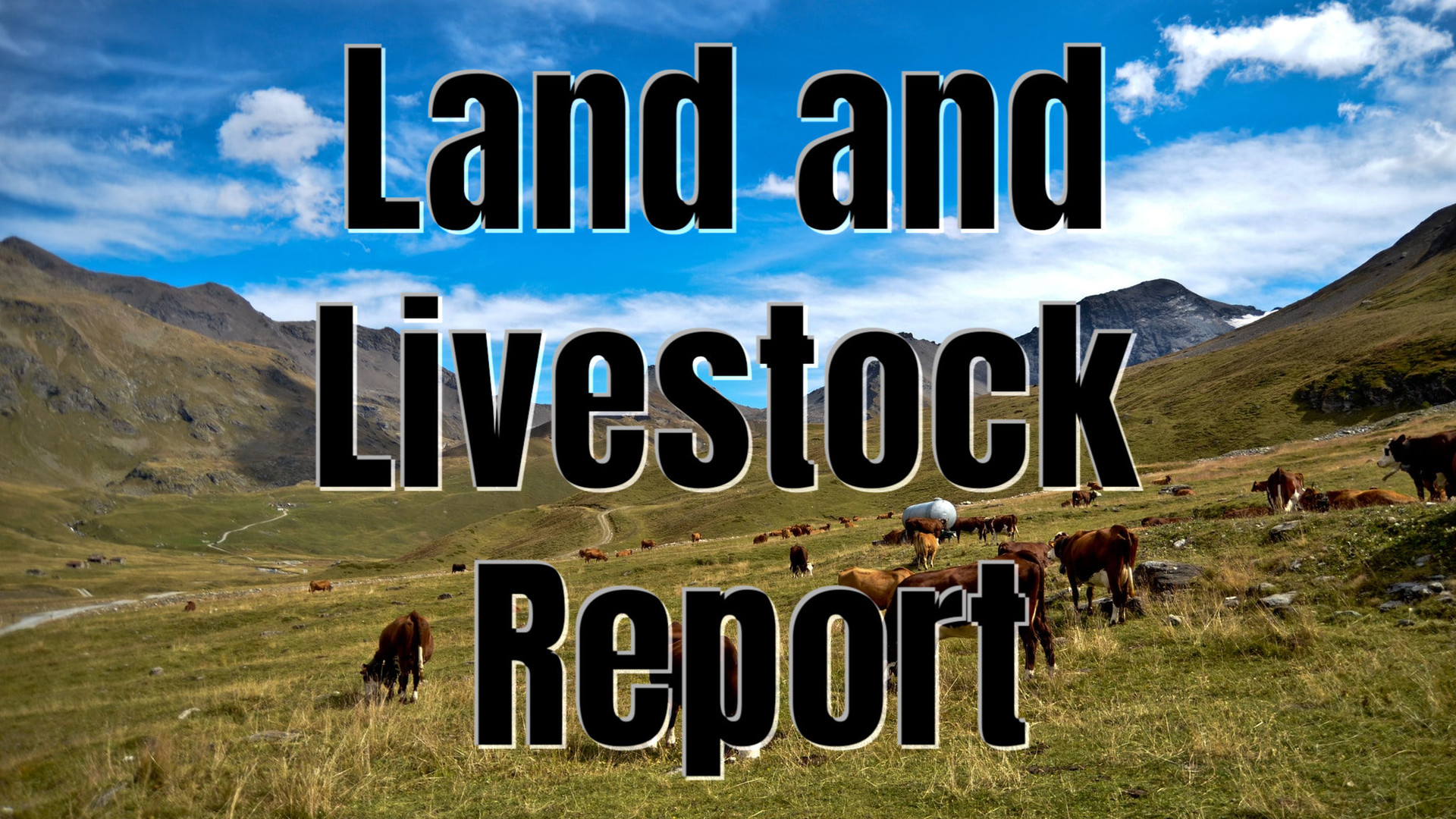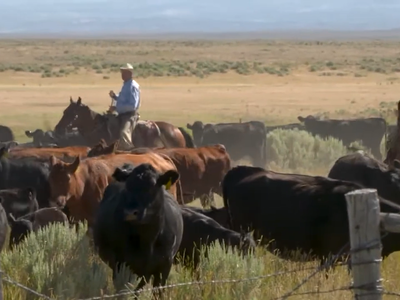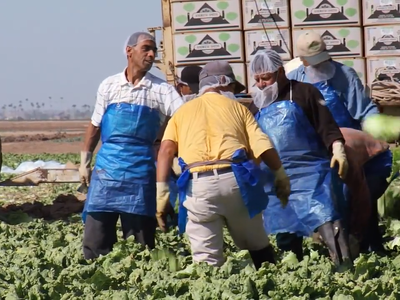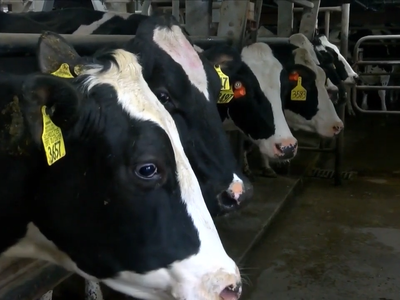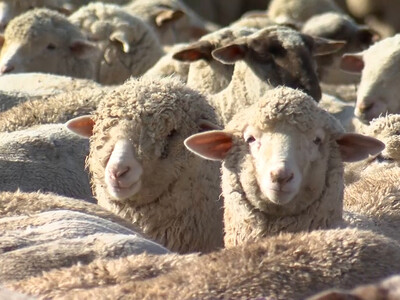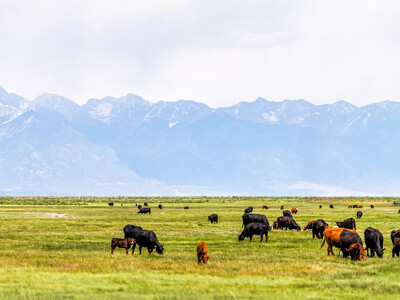Handling Vaccines
If you own horses and cattle then you already know that this is the time of year to vaccinate, but the mere fact of getting a shot into a calf or colt doesn’t insure that animal will be impervious to disease. I’m Susan Allen and when Open Range returns I’ll share some tips on handling vaccines. While it is easy to order vaccines from some vet supply catalog, Dale Moore, director of Veterinary Medical Extension at WSU says some of the biggest reasons for disease outbreak in livestock” have little to do with the vaccine itself but more to do with how it is handled”, meaning how it is stored and administered. Light, heat and freezing temperatures can quickly render a vaccine ineffective. Modified live virus’s are especially sensitive so if you are picking up some at your local livestock supply store it’s a good idea to bring a cooler with ice packs. A reputable retailer like Western Stockman’s one of Open Range’s sponsor, knows how important it is to keep to keep their vaccine refrigeratored at 35-45 degrees to ensure their effectiveness and the same holds true if you bring them home and store vaccines like many ranchers do in an old shop refrigerator. Check to make sure it's cold enough. While mail order is easy, it is also open for error. Shannon Williams an extension agent in the Salmon Idaho area thinks it’s wise to order on a Monday so the vaccine isn’t sitting somewhere over the weekend. It’s also important to check expiration dates and avoid buying vaccines that have only a few months until expiration. And finally, when out in the field keep shots in a insulated cooler in the shade as again modified live vaccines can quickly become ineffective in sunlight.


